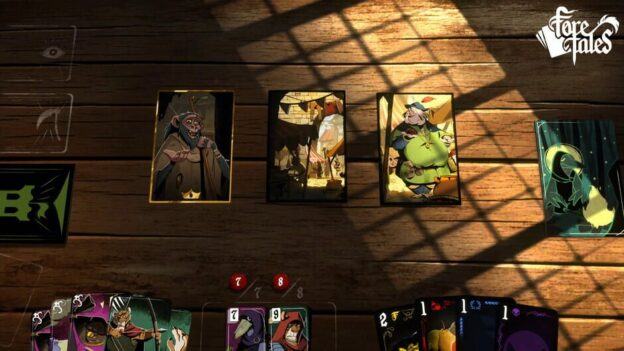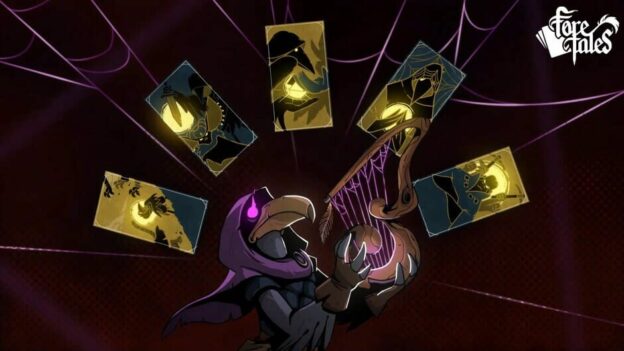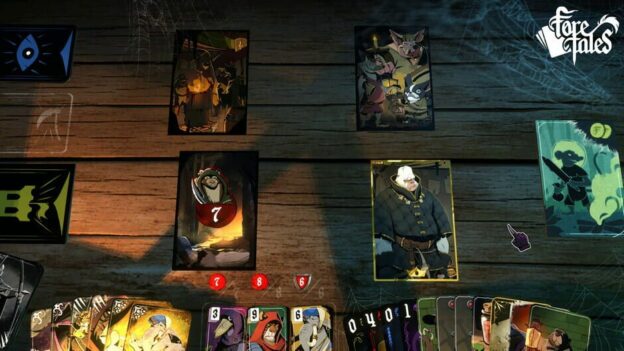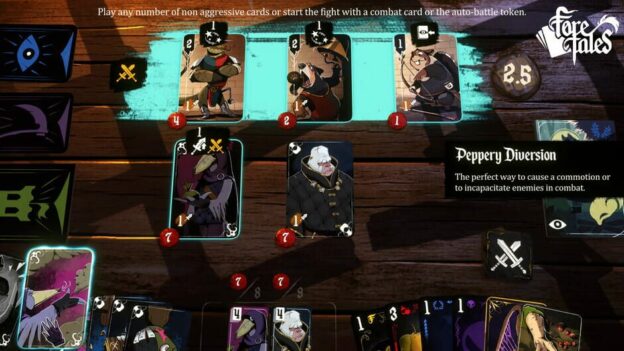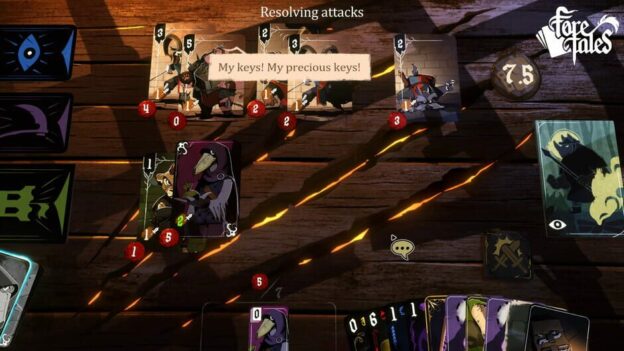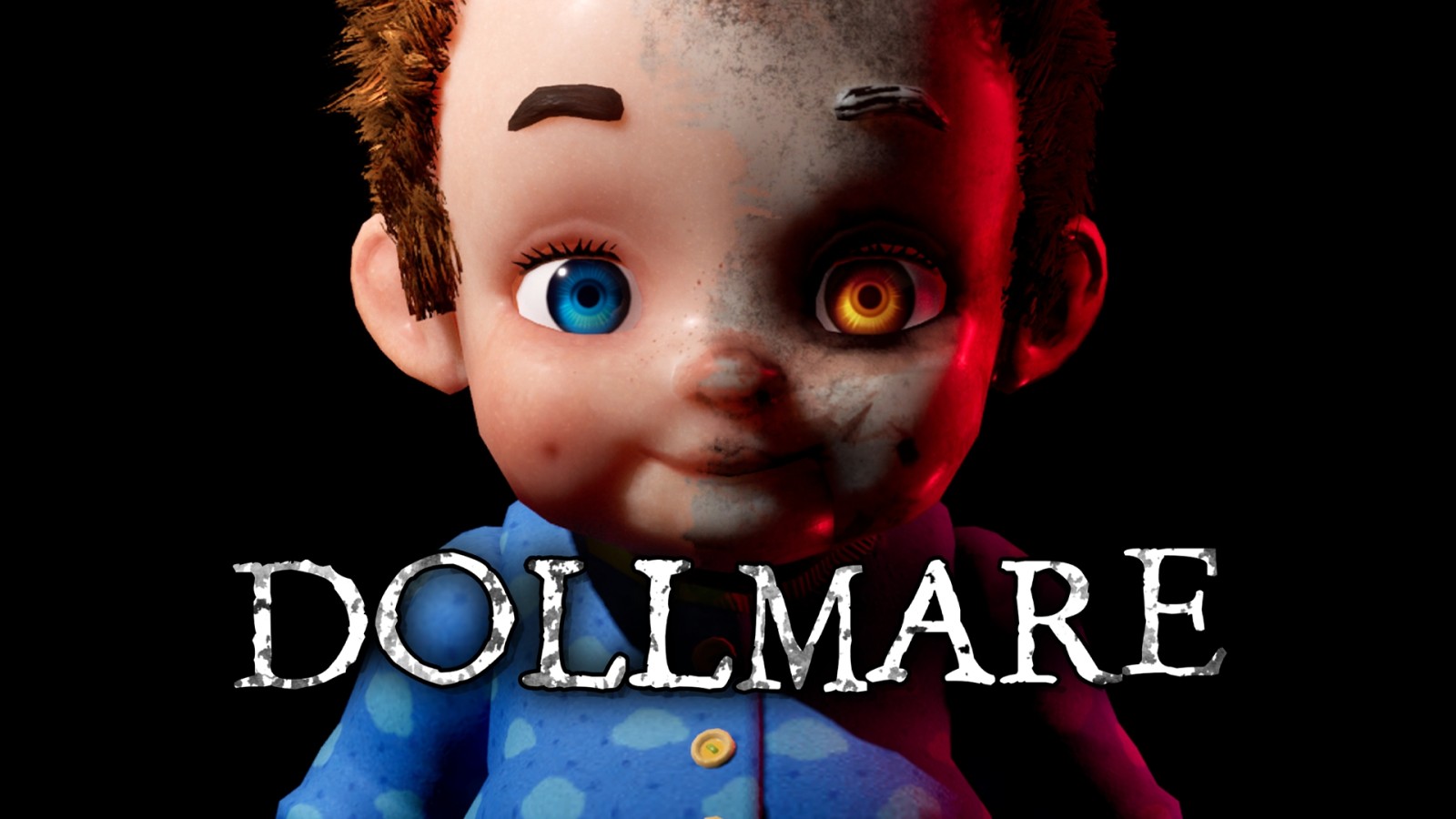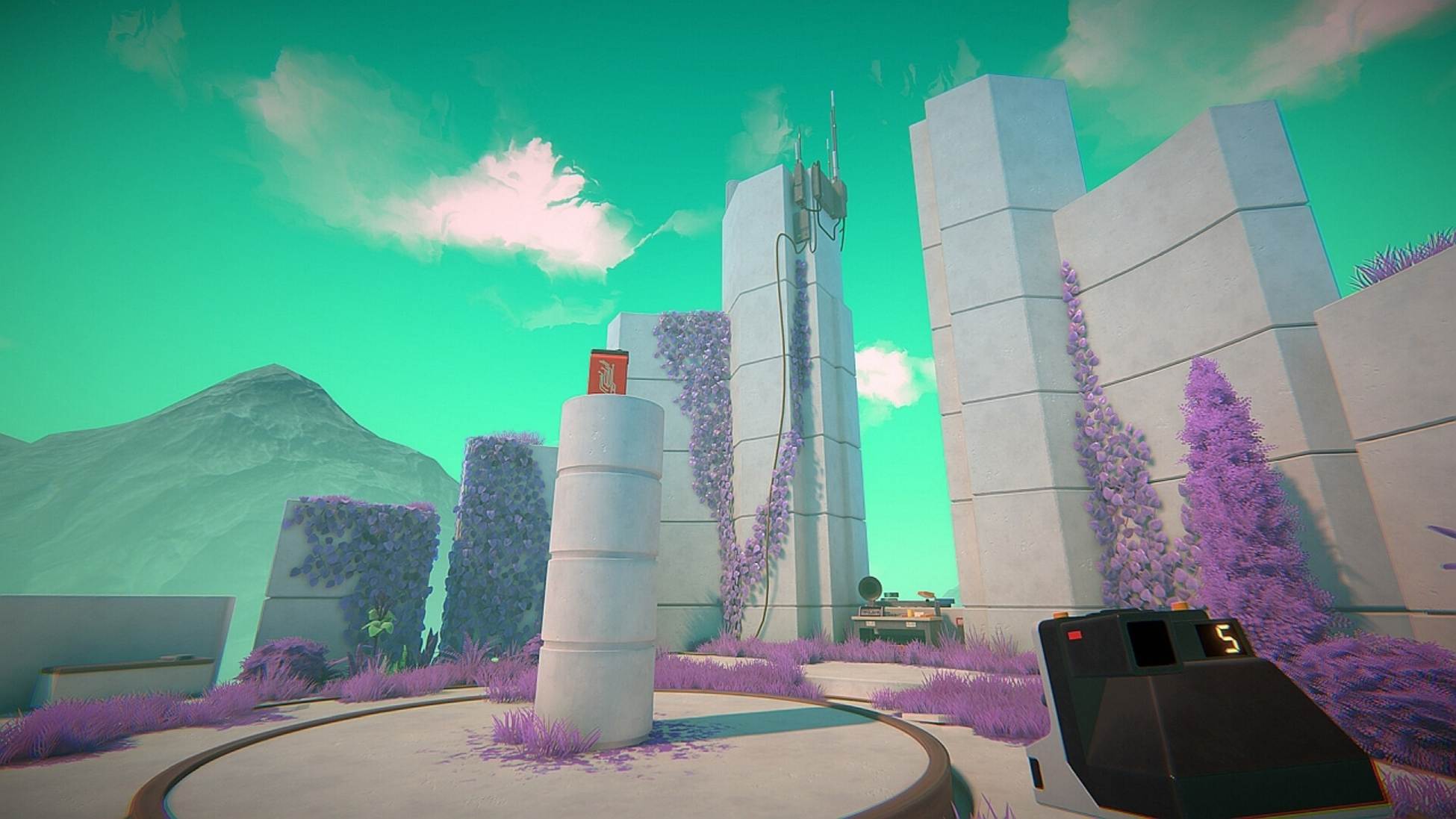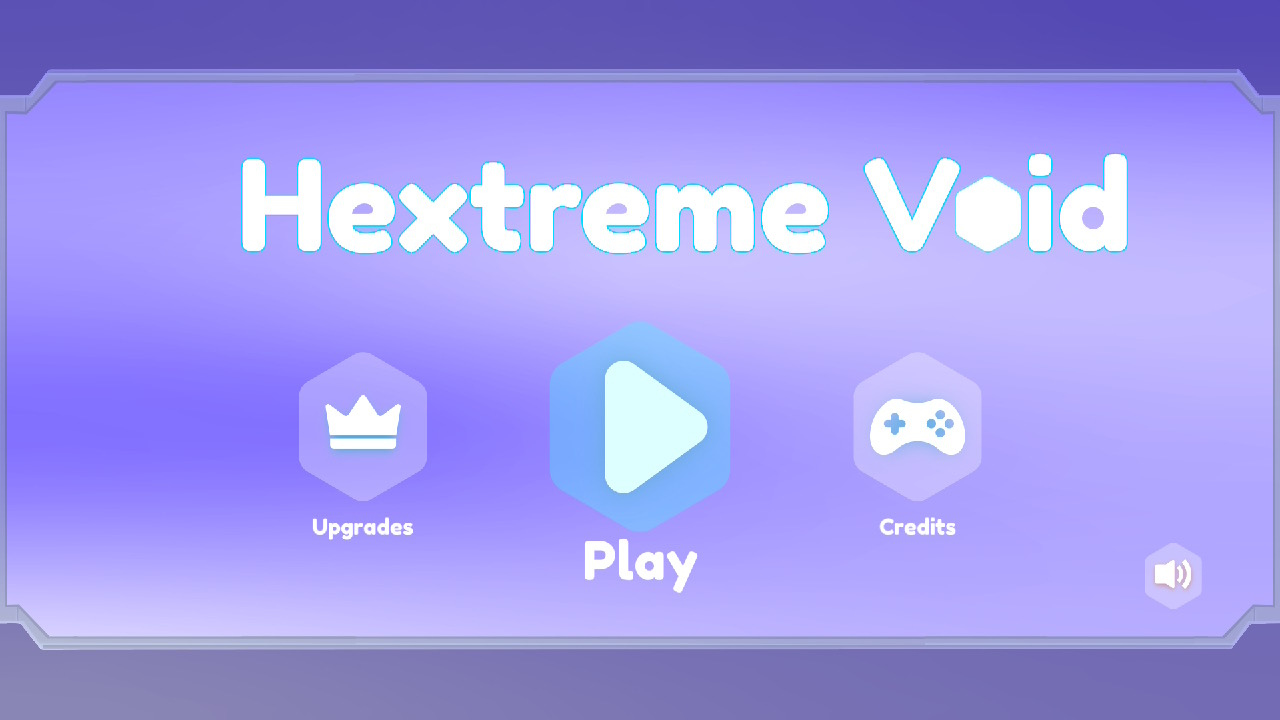Board, card, and deck-builders are currently popular genres. And the Nintendo Switch is a perfect home for them. I love Slay the Spire, Monster Train, Voice of Cards, and Carcassonne, just to name a few of my favorites. However, these games all have one thing in common: they aren’t plot-driven. Foretales, the latest entry into the world of card games, tries something different, as it is a narrative-driven game. This game is even more unique because there are branching paths that affect the ending. And while there were moments of frustration (I’ll get into that in a moment), overall, my experience with Foretales was positive.
The story revolves around two main characters, Volepain and Leo, two low-level thieves looking to score one last job before calling it quits. Their final deed involves stealing a magical lyre, which causes Volepain to see alternate timelines upon touching it. You can choose your team’s path through this mechanic and see what ending you get. The world of Foretales is rich, full of intriguing encounters, deep background stories, and loveable characters. The artwork supplements this beautifully, and the voice acting fleshes out the experience.
It’s not wrong to call Foretales a deck-builder. However, it feels more like a strategy game. The majority of card-type games have an element of luck involved. The cards drawn determine whether you get a good hand. In Foretales, each of your characters starts with a full hand of skill cards they can play, and these dwindle as you progress through each level.
The board consists of location cards that drive the story forward, an enemy deck, a graveyard, character skills, and items you pick up along the way. The table of play consists of two or more location cards. You play an ability or an item card on the locale, which will cause different effects. For example, one of Volepain’s abilities is to steal; playing this on a market card may gain food or money.
Hovering a card over each location will show you what you’ll receive if you play the card. How you play your cards is all part of the strategy; you can play any card you’d like, but some will have better results. For example, some cards will give you items, and others will drive the story forward. Sometimes you’ll need to get an item card from an area to play in the future. And this can be frustrating, as sometimes it’s through trial and error to find the correct combination of cards to play. I found myself burning through my deck, trying to figure out how to move the story forward. A few times, I needed to start the level over. Thank goodness the scenarios aren’t terribly long.
There will be times when you’ll battle it out against an enemy. The turn-based combat system works well, and if you play your cards right, you can avoid combat altogether. Killing your opponents gives you a notoriety point. Outsmarting your foes grants you fame. Playing these on locations or villains will also affect the game’s outcome. For instance, playing fame points on a place may result in getting the information you need to move the story forward.
Another aspect of the strategy is how you go about selecting your mission. Each level has a number associated with it, indicating the number of turns left before a catastrophic event occurs. Bad things happen if you don’t resolve the scenario within that time. It’s an interesting mechanic emphasizing the importance of your decisions.


